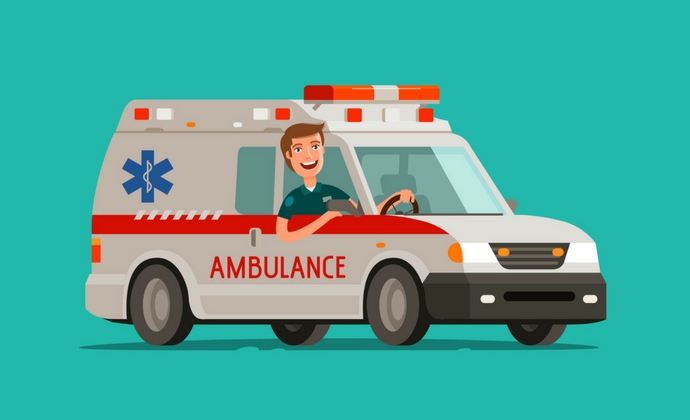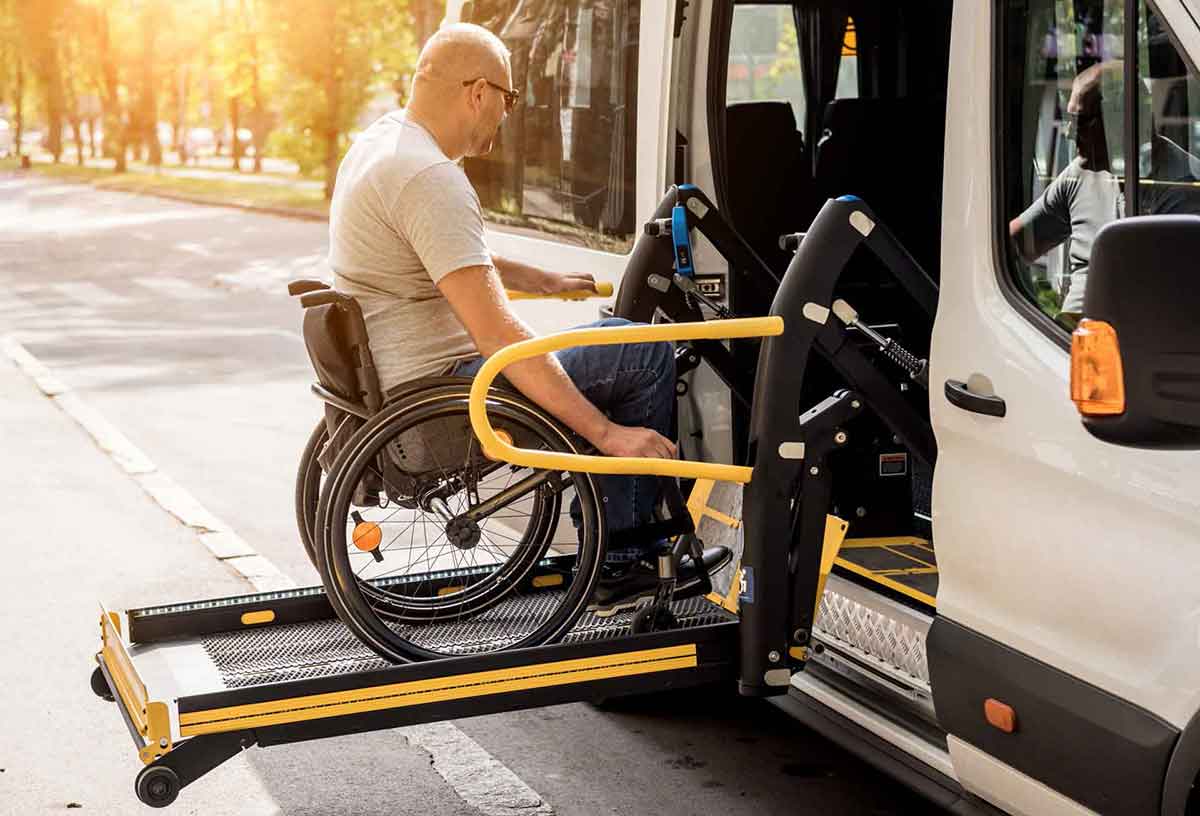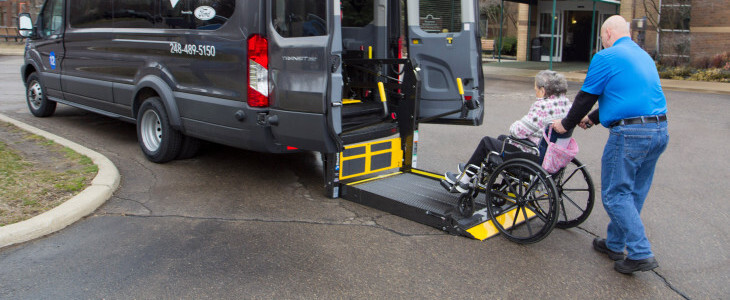Safe and Comfortable Medical Transportation: Your Satisfaction Matters
Safe and Comfortable Medical Transportation: Your Satisfaction Matters
Blog Article
Budget-friendly and Accessible Medical Transport Options for every single Scenario
In the realm of medical care, the capacity to accessibility medical solutions is vital, yet the obstacle of cost effective and obtainable transport can frequently hinder individuals from getting needed care. By discovering specific clinical transportation services, community transport programs, ride-sharing and taxi solutions, non-emergency medical transportation, as well as public transportation and paratransit alternatives, people can locate avenues that cater to their specific requirements and ensure they receive the care they need.
Specialized Medical Transportation Services
Specialized clinical transport services play a critical function in making certain secure and effective transportation for people calling for specialized treatment during transit. These solutions provide to individuals with special medical needs, such as those requiring continuous monitoring, specialized tools, or medical interventions throughout transport. By utilizing specially complete cars and trained clinical workers, specialized clinical transport solutions make sure that clients receive the needed care while being moved in between healthcare centers, residences, or various other locations.
One secret aspect of customized medical transportation services is the emphasis on patient convenience and safety. Clinical transport groups are trained to deal with numerous medical problems and emergency situations that may develop throughout transit, supplying a greater degree of care than standard transport alternatives. Additionally, these services usually offer door-to-door support, lessening the stress and anxiety and discomfort that clients may experience throughout transfers.
Neighborhood Transport Programs
Having actually attended to the essential duty of customized clinical transport solutions in guaranteeing risk-free and effective transport for people with distinct medical demands, the focus currently moves to analyzing Area Transport Programs - medical transportation. These programs play an essential duty in giving inexpensive and available transport options for the general populace, including elders, people with handicaps, and low-income households who may face obstacles in accessing conventional transport options
Area Transportation Programs include a range of services such as fixed-route buses, paratransit services, volunteer vehicle driver programs, and ridesharing initiatives. These programs are commonly supported by neighborhood federal governments, non-profit organizations, or personal business to make certain that people have reliable transportation options to reach medical appointments, supermarket, social activities, and other necessary locations.
Ride-Sharing and Taxi Solutions

Among the crucial benefits of ride-sharing and taxi services is their ease of access. These solutions this content run 24/7, enabling individuals to travel to medical consultations, drug stores, or medical facilities at any moment of the day. Furthermore, ride-sharing and taxi services accommodate people with wheelchair difficulties by offering wheelchair-accessible automobiles upon demand.
Furthermore, ride-sharing and taxi services can be particularly beneficial for individuals living in areas with limited public transportation alternatives. By bridging the void between home and healthcare centers, these solutions play a crucial function in making certain that every person has access to essential clinical services.
Non-Emergency Medical Transportation

Non-Emergency Medical Transport carriers typically employ trained personnel who are experienced in assisting people with differing clinical requirements. By using door-to-door service, Non-Emergency Medical Transport enhances the overall accessibility of healthcare for people that may otherwise struggle to participate in crucial clinical visits.
Public Transportation and Paratransit Options
Public transit and paratransit alternatives use vital transport services for people with varying mobility important source demands, guaranteeing accessibility to crucial destinations such as clinical facilities and consultations. Public transit systems, consisting of buses, trains, and subways, give a cost-efficient and commonly readily available mode of transportation for people seeking to reach medical consultations. These solutions are especially useful for those who may not have accessibility to private vehicles or need assistance because of movement obstacles.
Paratransit solutions cater especially to people with impairments that are incapable to use conventional public transport. These services use door-to-door transport, accommodating individuals with wheelchairs, walkers, or other movement aids. Paratransit automobiles are furnished with attributes such as mobility device ramps and securement systems to make certain the secure and comfy transport of guests with differing flexibility requirements.

Conclusion

Report this page